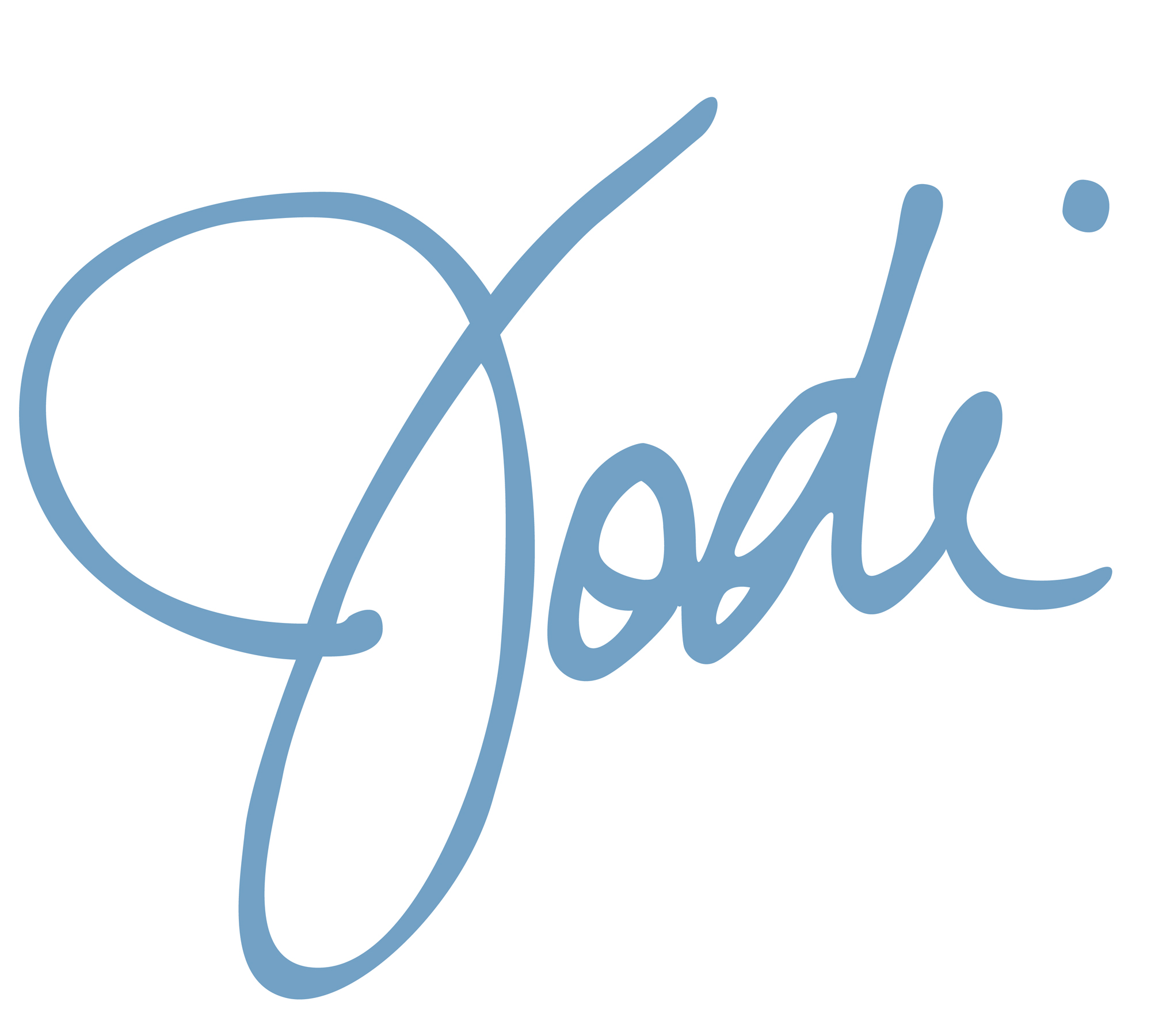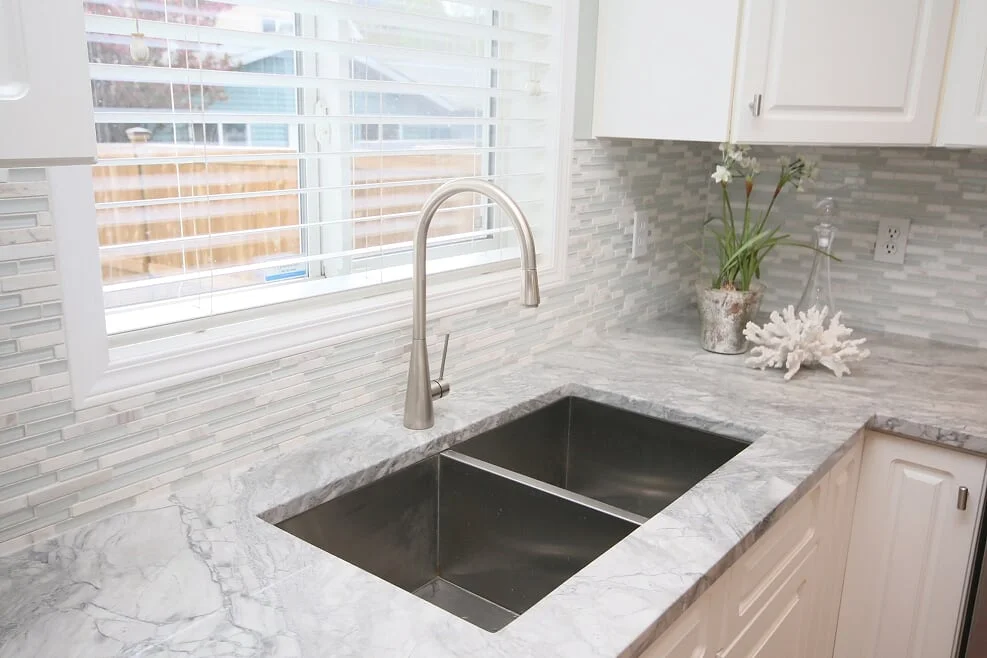Real Estate Terminology
Below is a list of terms that are commonly used when working with mortgages.
Amenity
A feature of the home or property that serves as a benefit to the buyer but that is not necessary to its use; may be natural (like location, woods, water) or man-made (like a swimming pool or garden).
Amortization
Repayment of a mortgage loan through monthly installments of principal and interest; the monthly payment amount is based on a schedule that will allow you to own your home at the end of a specific time period (for example, 15 or 30 years.
Annual Percentage Rate (APR)
Calculated by using a standard formula, the APR shows the cost of a loan; expressed as a yearly interest rate, it includes the interest, points, mortgage insurance, and other fees associated with the loan.
Application
The first step in the official loan approval process; this form is used to record important information about the potential borrower necessary to the underwriting process.
Appraisal
A document that gives an estimate of a property’s fair market value; an appraisal is generally required by a lender before loan approval to ensure that the mortgage loan amount is not more than the value of the property.
Appraiser
A qualified individual who uses his or her experience and knowledge to prepare the appraisal estimate.
ARM
Adjustable Rate Mortgage; a mortgage loan subject to changes in interest rates; when rates change, ARM monthly payments increase or decrease at intervals determined by the lender; the Change in monthly-payment amount, however, is usually subject to a Cap.
Assumable Mortgage
A mortgage that can be transferred from a seller to a buyer; once the loan is assumed by the buyer the seller is no longer responsible for repaying it; there may be a fee and/or a credit package involved in the transfer of an assumable mortgage.
Balloon Mortgage
A mortgage that typically offers low rates for an initial period of time (usually 5, 7, or 10) years; after that time period elapses, the balance is due or is refinanced by the borrower.
Borrower
A person who has been approved to receive a loan and is then obligated to repay it and any additional fees according to the loan terms.
Building Code
Based on agreed upon safety standards within a specific area, a building code is a regulation that determines the design, construction, and materials used in building.
Budget
A detailed record of all income earned and spent during a specific period of time.
Cap
A limit, such as that placed on an adjustable rate mortgage, on how much a monthly payment or interest rate can increase or decrease.
Cash Reserves
A cash amount sometimes required to be held in reserve in addition to the down payment and closing costs; the amount is determined by the lender.
Certificate of Title
A document provided by a qualified source (such as a title company) that shows the property legally belongs to the current owner; before the title is transferred at closing, it should be clear and free of all liens or other claims.
Closing
Also known as settlement, this is the time at which the property is formally sold and transferred from the seller to the buyer; it is at this time that the borrower takes on the loan obligation, pays all closing costs, and receives title from the seller.
Closing Costs
Customary costs above and beyond the sale price of the property that must be paid to cover the transfer of ownership at closing; these costs generally vary by geographic location and are typically detailed to the borrower after submission of a loan application.
Commission
An amount, usually a percentage of the property sales price that is collected by a real estate professional as a fee for negotiating the transaction.
Condominium
A form of ownership in which individuals purchase and own a unit of housing in a multi-unit complex; the owner also shares financial responsibility for common areas.
Conventional Loan
When the lender provides only 80% or less of the cost of the property. You have a 20% down payment and do not need CMHC coverage.
Credit History
History of an individual’s debt payment; lenders use this information to gauge a potential borrower’s ability to repay a loan.
Credit Report
A federal law whereby a person’s assets are turned over to a trustee and used to pay off outstanding debts; this usually occurs when someone owes more than they have the ability to repay.
Credit Bureau Score
A number representing the possibility a borrower may default; it is based upon credit history and is used to determine ability to qualify for a mortgage loan.
Debt-to-Income Ratio
A comparison of gross income to housing and non-housing expenses; Your mortgage professional will discuss acceptable ratios.
Default
The inability to pay monthly mortgage payments in a timely manner or to otherwise meet the mortgage terms.
Delinquency
Failure of a borrower to make timely mortgage payments under a loan agreement.
Down Payment
The portion of a home’s purchase price that is paid in cash and is not part of the mortgage loan.
Earnest Money (deposit with offer)
Money put down by a potential buyer to show that he or she is serious about purchasing the home; it becomes part of the down payment if the offer is accepted, is returned if the offer is rejected, or may be forfeited if the buyer pulls out of the deal after removing buyer conditions.
Equity
An owner’s financial interest in a property; calculated by subtracting the amount still owed on the mortgage loan(s) from the fair market value of the property.
Fair Market Value
The hypothetical price that a willing buyer and seller will agree upon when they are acting freely, carefully, and with complete knowledge of comparable properties in the area.
Fixed-Rate Mortgage
A mortgage with payments that remain the same throughout the life of the loan because the interest rate and other terms are fixed and do not change.
Foreclosure
A legal process in which mortgaged property is sold to pay the loan of the defaulting borrower.
Home Inspection
An examination of the structure and mechanical systems to determine a home’s safety; educates the potential home buyer to the conditions and running of the home.
Homeowner’s Insurance
An insurance policy that combines protection against damage to a dwelling and its contents with protection against claims of negligence, inappropriate action that result in someone’s injury, or property damage.
Interest
A fee charged for the use of money.
Interest Rate
The amount of interest charged on a monthly loan payment; usually expressed as a percentage.
Insurance
Protection against a specific loss over a period of time that is secured by the payment of a regularly scheduled premium.
Lien
A legal claim against property that must be satisfied when the property is sold
Loan
Money borrowed that is usually repaid with interest.
Loan Fraud (Mortgage Fraud)
Purposely giving incorrect information on a loan application in order to better qualify for a loan; may result in civil liability or criminal penalties.
Loan-to-Value (LTV) Ratio
A percentage calculated by dividing the amount borrowed by the price or appraised value of the home to be purchased; the higher the LTV, the less cash a borrower is required to pay as down payment.
Lock-in
Since interest rates can change frequently, many lenders offer an interest rate lock-in that guarantees a specific interest rate if the loan is closed within a specific time.
Mortgage
Home Loan
Mortgage Broker
A specialist that originates and processes loans for a number of lenders.
Mortgage Insurance
A policy that protects lenders against some or most of the losses that can occur when a borrower defaults on a mortgage loan; mortgage insurance is required primarily for borrowers with a down payment of less than 20% of the home’s purchase price.
Mortgage Modification
An that allows a borrower to refinance and/or extend the term of the mortgage loan and thus reduce the monthly payments.
Offer to Purchase
Indication by a potential buyer of a willingness to purchase a home at a specific price; generally put forth in writing.
PIT
Principal, Interest, and Taxes – the three elements of a monthly mortgage payment; payments of principal and interest go directly towards repaying the loan while the portion that covers taxes goes to the city for payment of property taxes.
Pre-Approve
Lender commits to lend to a potential borrower; commitment remains as long as the borrower and property meet the qualification requirements at the time of purchase.
Pre-Qualify
A lender informally determines the maximum amount an individual is eligible to borrow.
Premium
An amount paid on a regular schedule by a policyholder that maintains insurance coverage.
Prepayment
Payment of the mortgage loan before the scheduled due date; may be subject to a prepayment penalty.
Principle
The amount borrowed from a lender; doesn’t include interest or additional fees.
Real Estate Agent
An individual who is licensed to negotiate and arrange real estate sales; works for a real estate broker.
REALTOR®
A real estate agent or broker who is a member of the Canadian Real Estate Association and agrees to always adhere to a certain standard of business.
Refinancing
Paying off one loan by obtaining another; refinancing is generally done to secure better loan terms (like a lower interest rate).
Surveyors Certificate (Real Property Report)
A property diagram that indicates legal boundaries, easements, encroachments, rights of way, improvements to the land and bylaw compliance by the municipality.
Title Insurance
Insurance that protects the lender against any claims that arise from arguments about property title issues.
Underwriting
The process of analyzing a loan application to determine the amount of risk involved in making the loan; it includes a review of the potential borrower’s credit history and a judgment of the property value.

